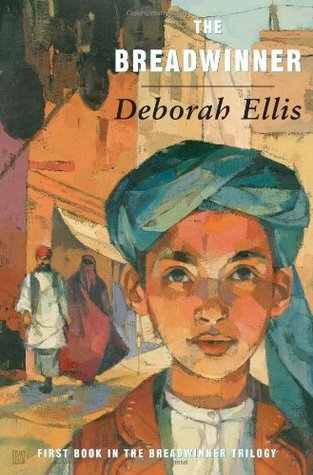Author’s Note
byAuthor’s Note: Afghanistan, a pivotal country situated between Central Asia and South Asia, has long been a target for invasions from various world powers due to its strategic location. Over the centuries, Afghanistan has witnessed invasions from renowned historical forces, including Alexander the Great, the Mongol Empire, and more recently, the British and Soviet Empires. The Soviet invasion in 1979 stands out as a particularly devastating event, as it led to a decade of intense and brutal warfare. During this period, Afghan resistance groups, supported by the United States, fought against the Soviet-backed government. However, despite receiving military support, these resistance factions showed little regard for the human rights of the Afghan people, leaving many civilians suffering through the violence and instability that plagued the country.
After the Soviets withdrew in 1989, the country descended further into chaos, as various factions fought for dominance in a civil war that displaced millions of Afghans. Many refugees fled to neighboring countries like Pakistan, Iran, and Russia, where they were forced to live in overcrowded and poverty-stricken camps. The toll on the Afghan population was immense, with countless individuals either killed, maimed, or psychologically scarred by the constant violence. The social fabric of the country was shredded as families and communities faced unbearable hardship, and the psychological toll of the conflict left many Afghans in a state of profound despair. The war not only decimated lives but also left the nation in ruins, struggling to rebuild both physically and emotionally from the years of violence.
In 1996, the Taliban, a radical militant group, took control of Kabul and imposed a reign of strict laws that severely limited the rights of women and girls. Under the Taliban’s rule, girls’ schools were shut down, women were excluded from the workforce, and society was subjected to harsh regulations. These included the destruction of cultural items such as books and televisions, and prohibitions on music, all of which created an oppressive environment where freedom and personal expression were heavily restricted. The Taliban’s regime further deepened the suffering of the Afghan people, particularly women, whose rights and freedoms were severely curtailed during this period. This harsh rule marked a period of regression for Afghan society, erasing the gains that had been made in previous decades in education and civil liberties.
In the wake of the September 11, 2001, terrorist attacks, which were orchestrated by the al-Qaeda group that had found refuge in Afghanistan, the United States and its allies launched a military campaign to overthrow the Taliban. The bombing campaign led to the removal of the Taliban from power, resulting in the establishment of a new government and a new constitution. These changes brought about significant reforms, including the reopening of schools for both boys and girls and the return of women to the workforce, signaling a positive shift for many citizens. However, despite these reforms, Afghanistan remained a nation grappling with deep-seated instability, a fractured political landscape, and a population haunted by years of conflict. The challenges facing Afghanistan were far from over, as the country struggled to build a stable, peaceful future amidst the aftermath of decades of violence.
Despite the fall of the Taliban, Afghanistan continued to face significant challenges, with the group’s resurgence and ongoing guerrilla warfare destabilizing the country. Additionally, the country became notorious for its role in the global opium trade, contributing to its reputation as a center of illicit drug production. The corruption that plagues the Afghan government has also hindered efforts to rebuild the country and improve living conditions for its people. Women’s rights, which had seen some improvement in the early 2000s, are once again under threat, with girls’ schools and female activists becoming frequent targets of violence and intimidation. These developments have further entrenched Afghanistan’s struggles, and the road to achieving lasting peace and gender equality remains fraught with obstacles.
Understanding Afghanistan’s complex history is crucial for grasping the underlying causes of its ongoing strife. The country’s history of foreign intervention and internal conflict has shaped its present reality, and the mistakes made by external powers have contributed significantly to the country’s continuing instability. Afghanistan’s rich cultural heritage and resilient people are often overshadowed by the violence and political unrest that have dominated the nation’s recent history. Nevertheless, the strength of the Afghan people in the face of adversity continues to inspire hope for a brighter future. The road to peace in Afghanistan must be paved by the Afghan people themselves, with their voices guiding the way toward a more peaceful, prosperous, and just future.

